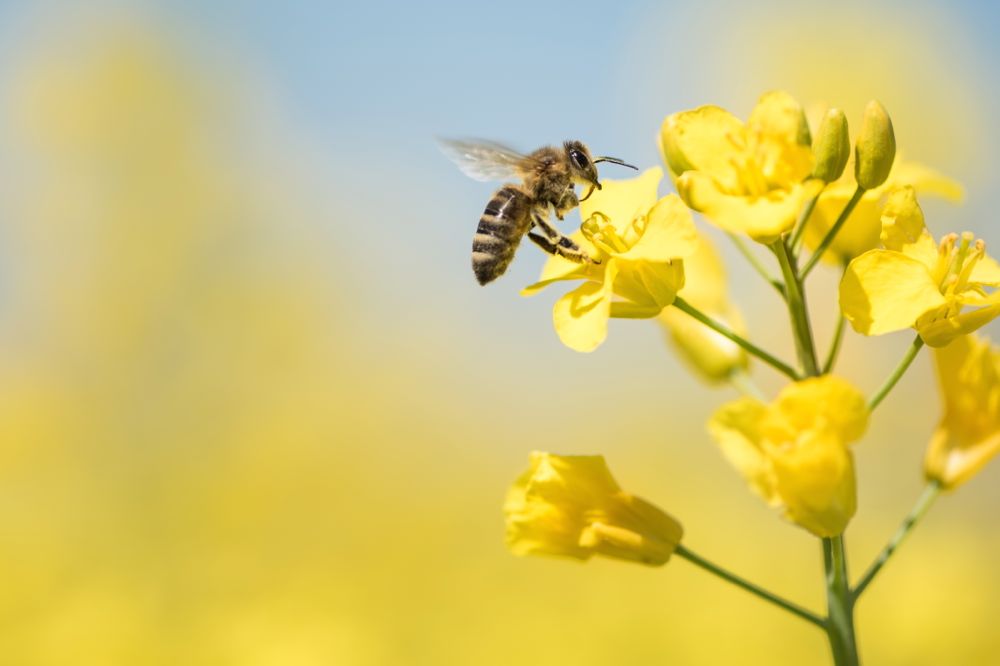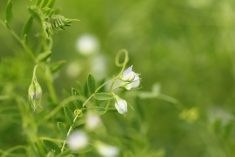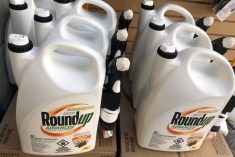Brussels | Reuters — European Union countries backed a proposal on Friday to ban all use outdoors of insecticides known as neonicotinoids that studies have shown can harm bees.
The ban, championed by environmental activists, covers the use of three active substances — imidacloprid, developed by Bayer CropScience; clothianidin, developed by Takeda Chemical Industries and Bayer CropScience; and Syngenta’s thiamethoxam.
“All outdoor uses will be banned and the neonicotinoids in question will only be allowed in permanent greenhouses where exposure of bees is not expected,” the European Commission said in a statement.
Read Also

Wheat breeding system no longer works, Canadian Wheat Research Coalition report says
A Canadian Wheat Research Coalition report, published Feb. 26, says the status quo is not an option for Canada’s wheat breeding system. It must be transformed, by farmers.
Representatives of EU member states in the EC’s standing committee on plants, animals, food and feed on Friday supported the proposal for a new regulation to be adopted by the EC “in the coming weeks” and applicable “by the end of the year.”
Vytenis Andriukaitis, the EC’s commissioner for health and food safety, hailed the results of Friday’s vote, saying the EC “had proposed these measures months ago, on the basis of the scientific advice from the European Food Safety Authority.”
Bee health, he said, “remains of paramount importance for me since it concerns biodiversity, food production and the environment.”
Bayer called the ban “a sad day for farmers and a bad deal for Europe” and said it would not help bees. Many farmers, it said, had no other way of controlling pests and that the result was more spraying and a return to older, less effective chemicals.
The use of neonics in the European Union has been restricted to certain crops since 2013, but environmental groups have called for a total ban and sparked a debate across the continent about the wider use of chemicals in farming.
Campaign group Friends of the Earth described the decision of EU governments a “tremendous victory” for bees and for the environment.
“The European Commission must now focus on developing a strong pollinator initiative that boosts bee-friendly habitat and helps farmers cut pesticide use,” it said.
Both Bayer and Syngenta have challenged the 2013 partial ban at the European Court of Justice. A verdict is due on May 17.
Bayer, in a separate move Thursday, announced it would sell its clothianidin-based seed treatment brands Poncho and VOTiVO to fellow German chemical firm BASF.
The brands are part of a $2.65 billion asset sale to help clear the regulatory path for Bayer’s planned takeover of seed and ag chem firm Monsanto.
In Canada, two of the three neonics in question, clothianidin and thiamethoxam, are up for renewal of their conditional registrations as seed treatments and foliar- and soil-applied pesticides in field crops.
Health Canada’s Pest Management Regulatory Agency in December proposed to renew those registrations to the end of 2019.
For imidacloprid, PMRA in November proposed a three- to five-year phase-out of all agricultural uses and a “majority of other outdoor uses” of the product, citing the chemical’s presence in waterways at levels harmful to aquatic insects.
Final decisions from the PMRA on both proposals are due later this year.
— Reporting for Reuters by Philip Blenkinsop; includes files from AGCanada.com Network staff.
















